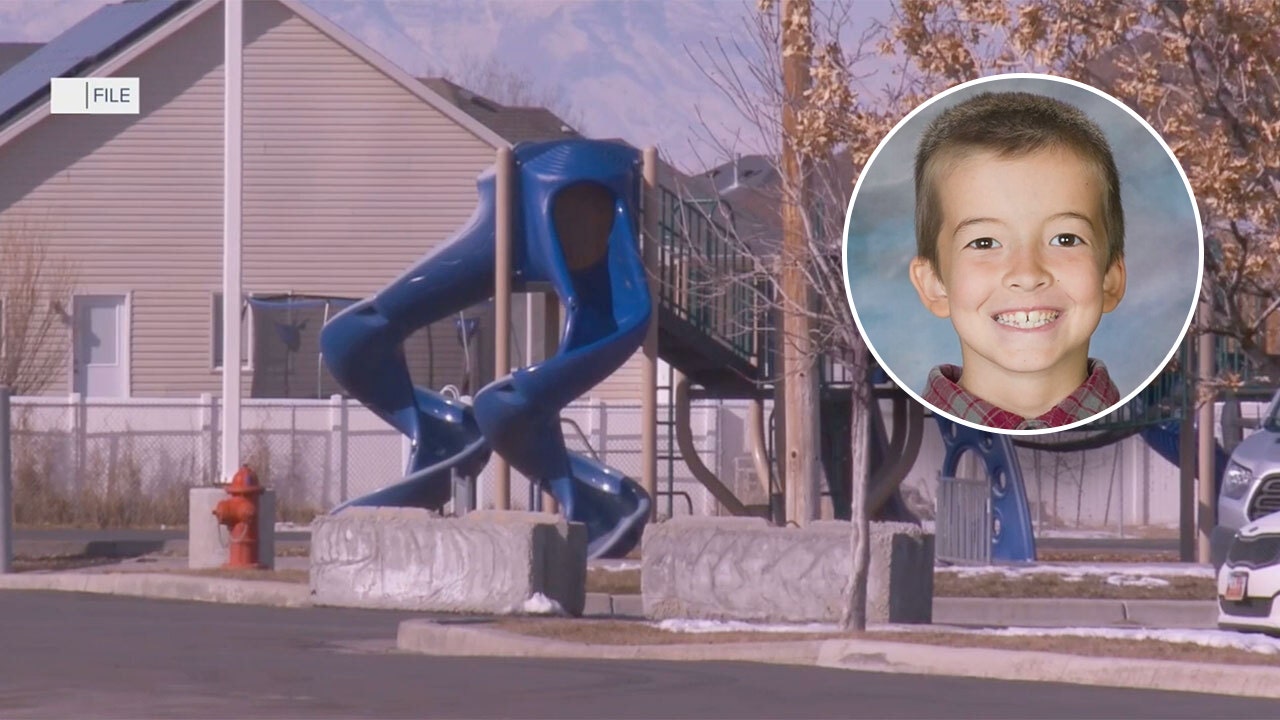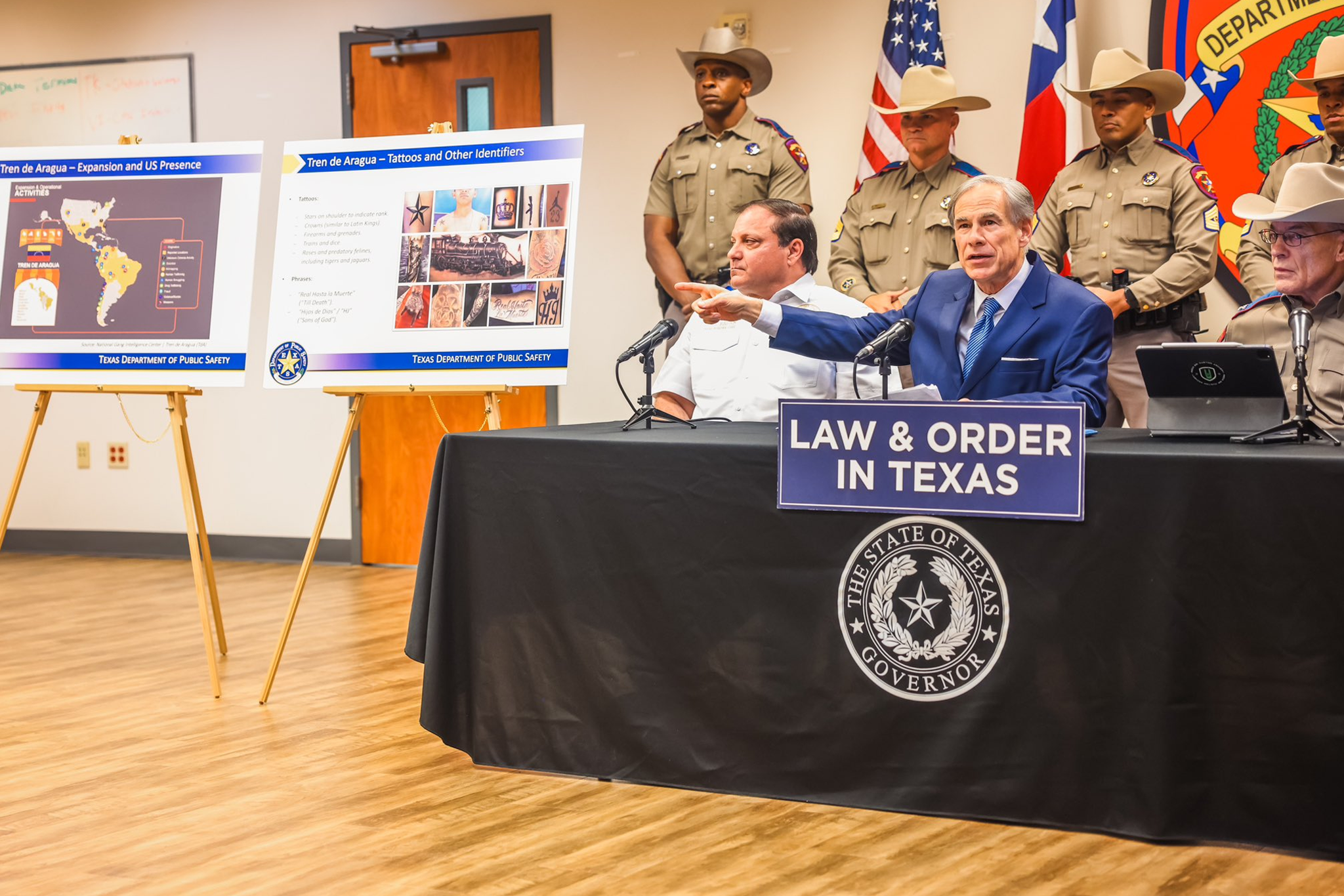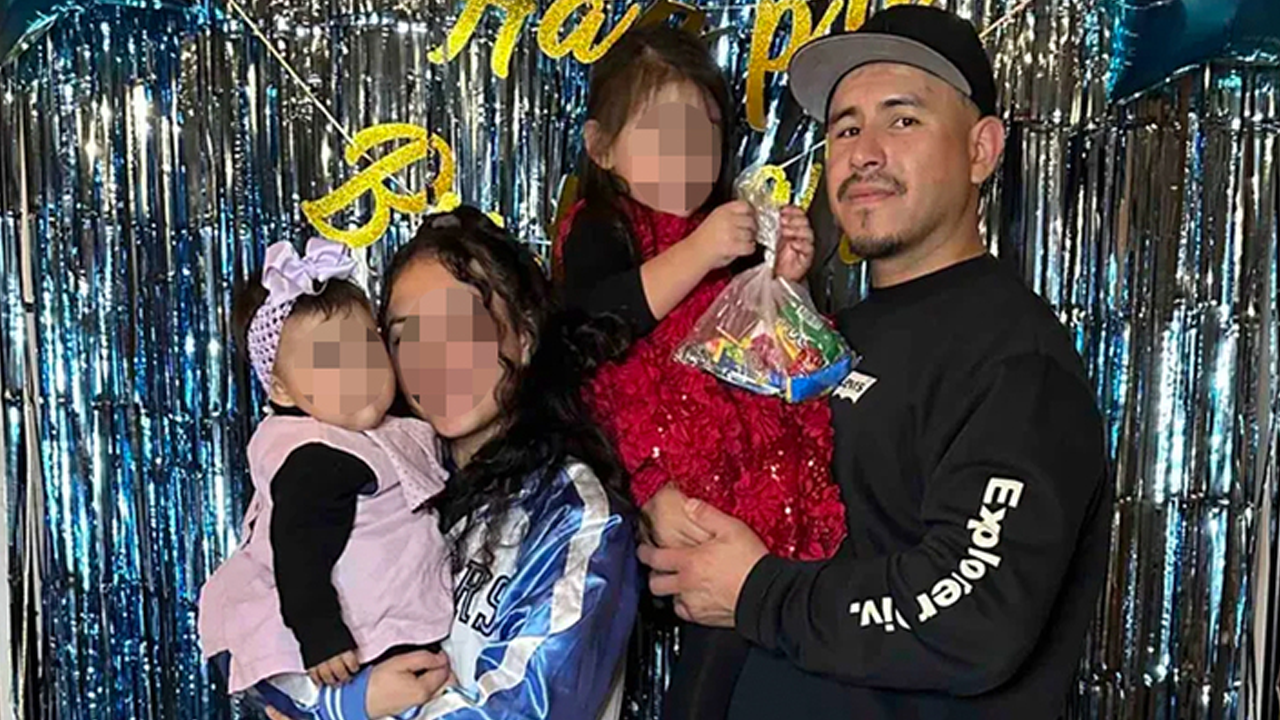The elaborate rollout of a Kennedy family endorsement of President Biden on Thursday — talk-show interviews, a campaign event with the president, planned door-knocking by Kennedys across Philadelphia — was the most powerful sign yet of rising concern in the Biden camp that Robert F. Kennedy Jr.’s independent White House bid presents a serious threat to the president’s re-election prospects.
Members of this prominent Democratic family, including most of Mr. Kennedy’s siblings, had already signaled their support for Mr. Biden. Mr. Kennedy’s estrangement from much of his family had grown increasingly apparent over the years, as he became a leading spokesman against Covid vaccines and promoted conspiratorial theories about the 1968 assassination of his father, Robert F. Kennedy.
But this was the first time Mr. Biden’s campaign had been so aggressively involved in promoting the Kennedys’ strong backing of the president, making an open push to discredit any enduring Democratic credentials Robert F. Kennedy Jr. carries because of his family name.
After leaving the work to outside liberal groups, the Biden campaign has now joined the effort to define Mr. Kennedy beyond the gauzy memory of his father and two uncles, who for many members of Mr. Biden’s fraying coalition, including Black voters, Latinos and blue-collar workers, continue to symbolize Democratic politics in America.
“I can only imagine how Donald Trump’s outrageous lies and behavior would horrify my father, Senator Robert F. Kennedy, who proudly served as attorney general of the United States, and honored his pledge to uphold the law and protect the country,” Kerry Kennedy, one of the independent presidential candidate’s siblings, said as she stood next to Mr. Biden, addressing about 150 people at a recreation center gym in Philadelphia. “Daddy stood for equal justice, for human rights and freedom from want and fear. Just as President Biden does today.”
“Nearly every single grandchild of Joe and Rose Kennedy supports Joe Biden,” she said. “That’s right: The Kennedy family endorses Joe Biden for president.”
Responding on social media, Mr. Kennedy avoided engaging with his family’s rejection of his candidacy.
“I hear some of my family will be endorsing President Biden today,” he wrote. “I am pleased they are politically active — it’s a family tradition. We are divided in our opinions but united in our love for each other.”
Mr. Biden, thanking the Kennedy family for its support, spoke repeatedly about how much the Kennedys — in particular John and Robert F. Kennedy — had shaped his views and political career.
“Today I sit behind the Resolute Desk where President John F. Kennedy once sat,” he said. “I sit at that desk and I look in front of the fireplace. To the left is a bust of Martin Luther King. To the right is a bust of your dad.”
In truth, the debate remains open about whether a Kennedy candidacy hurts Mr. Biden more than it hurts former President Donald J. Trump. (One point of agreement between the two major candidates’ camps is that there is little chance Robert F. Kennedy Jr. could win the White House himself.)
Mr. Biden’s advisers argued that Democrats who might be drawn to the Kennedy name will drift away as they learn more about his promotion of conspiracy theories and the financial support that a major Trump donor has given to his super PAC.
Voters have expressed increasing disapproval of Mr. Kennedy, according to 538’s polling average. As Mr. Kennedy has earned more exposure from the news media over the last month, the percentage of Americans with an unfavorable view of him has increased by roughly six percentage points. In Wisconsin, a key battleground, Mr. Kennedy is taking more votes from independents and Republicans than from Democrats, according to an April poll by Marquette Law School.
Still, given the tough re-election fight Mr. Biden faces, his campaign is moving forcefully, and the events on Thursday were the latest example of that.
While the Kennedy family is not what it once was in American politics, fading in relevance for a new generation of voters who may be more familiar with the Clintons than the Kennedys, it is still potentially influential among the kinds of voters in battleground states like Pennsylvania who appear at risk of moving to Mr. Trump.
“There’s a very famous tour that J.F.K. did of smaller western Pennsylvania towns in the ’62 midterms,” said Conor Lamb, a Democratic former congressman from Pennsylvania. “There’s still pictures on the walls in every one of those towns of Kennedy being there and how much he meant to them.”
At 70, Robert F. Kennedy Jr. looks very much like his father and his uncles, John and Edward M. Kennedy. In the Kennedy family, he had — before his ideological drift in recent years — been viewed as the most politically gifted of Robert F. Kennedy’s children, with the most potential to embark on his own career in elective politics.
Now, though, a Democratic president’s campaign is seeking to define him as a candidate who, despite his name and legacy, is more politically aligned with Mr. Trump than with the Kennedy whose portrait appears on those walls in western Pennsylvania.
“You put the name Kennedy on the ballot and Democrats are going to feel torn,” Joseph P. Kennedy II said in an interview after the event. “And we are trying to make them understand that this is an issue that they do not have to feel torn about.”
Asked if he would encourage his brother to drop out, he said, “Of course I would.”
Still, if Robert F. Kennedy Jr. stays in the race, Democrats hope that they can ensure his support comes mainly from voters who might otherwise have backed Mr. Trump, at once bolstering Mr. Biden and weakening his Republican rival. Mr. Trump seems wary of this danger, and has stepped up on his attacks on Mr. Kennedy, trying to paint him as part of the “radical left.”
The main super PAC supporting Mr. Trump, MAGA Inc., introduced a website this week pushing those attacks, criticizing Mr. Kennedy over his policies on taxes, gun control and climate change. (The website’s name uses Mr. Kennedy’s initials to call him “radical” and an epithet used to express disdain.)
Still, Mr. Trump has privately spoken with associates about the notion of choosing Mr. Kennedy as his running mate, though it is unclear if he is serious about the idea. When pressed at a campaign stop in Harlem on Tuesday, Mr. Trump described Mr. Kennedy as a “nice guy” and a “good person.” Mr. Kennedy has said he would not accept a spot on a Trump ticket.
The blur of events on Thursday also highlighted another contrast that could work to Mr. Biden’s benefit: As the president campaigned in Pennsylvania, Mr. Trump was back in court in New York.






